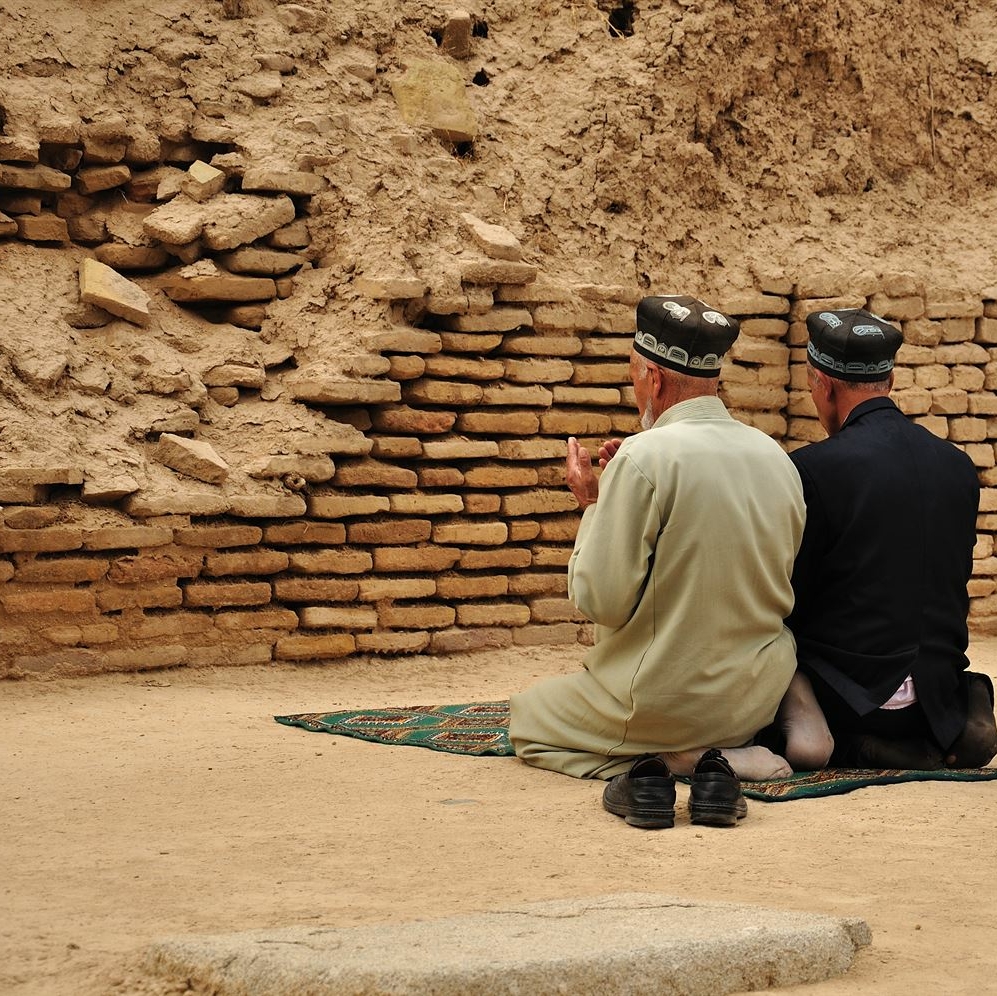The Path of Muhammad: Birgivi’s Manual of Taqwa – Shaykh Faraz Rabbani
Part One: The Definition of Taqwa
Introduction
Taqwa is the concern within one to refrain from what is displeasing to Allah and preserve what is pleasing to Him. It manifests itself upon our limbs, but it begins from the heart.
This article series—based upon Shaykh Faraz Rabbani’s course The Path of Muhammad: Birgivi’s Manual of Taqwa Explained—provides an overview of what Muslims must concern themselves when seeking the attainment of taqwa.
It will focus on the third section of Imam Birgivi’s book The Path of Muhammad, where he focuses on attaining piety and mindfulness of Allah Most High.
Taqwa and Our Purpose
We live in a time where people claim to be religious but are unconcerned about the sunna of our Prophet (Allah bless him and give him peace) and about cultivating taqwa.
Religion has been stripped down to a set of ritual actions, empty in form, and devoid of life. Almost as if our devotional acts are just a chore that we have to check off in order for us to claim to be “religious”.
As Muslims, we have all heard about the term “taqwa” and how we must be mindful, aware, and conscious of Allah at all times. Yet what is taqwa precisely? And when you know what it is, how can you go about cultivating it?
Religion has two distinguishing fruits:
- The realization of faith (having iman)
- The active actualization of taqwa (mindfulness of Allah)
It is the second that will be focused on in this article series. Taqwa is the foundational theme of the Qur’an and is the key to unlocking its highest aim: realizing and attaining closeness to Allah Most High. The actualization of taqwa will fill our otherwise meaningless ritual acts with life and essence.
Definition of Taqwa
Taqwa linguistically means to shield or carefully guard something. But it is not a passive sort of watchfulness, but rather a full, complete, careful, and comprehensive guarding of a thing.
Attaining taqwa requires onself to carefully guard themselves —in action and speech— and to avoid everything that harms one in the hereafter.
The bare minimum of which is to avoid committing major sins, while the maximum is to avoid coming even remotely close to the “grey area” in matters of religion.
Devotion to Allah Most High
The highest level of taqwa is when one guards their innermost against being distracted by other than Allah.
It is to be devoted to Allah with your absolute entirety. It is to be utterly in love with Allah Most High, for love is to give your entirety to something such that nothing of it remains for you.
It is a love that renders the lover thoroughly heedless of the world around them, focused wholly upon their Lord, Creator, and Sustainer. This is the type of mindfulness that Allah means when He commands us to have mindfulness of Him as He deserves.
The Prophet (Allah bless him and give him peace) said, “The halal is clear and the haram is clear. And between them are unclear matters that most people are unaware of. Whoever is wary of these unclear matters has safeguarded their religion and honor. And whoever indulges in them has indulged in haram.” [Bukhari & Muslim]
Ideal taqwa is to heed these words of the Prophet (Allah bless him and give him peace).
Being wary and avoiding acts that may not necessarily be haram, yet can potentially lead you to haram.
A person of taqwa will seek clarity when facing these unclear matters. And only the light of knowledge can overcome the darkness of ignorance—so continue seeking knowledge and expanding your insight.
Continue Your Journey for Knowledge
All SeekersGuidance offerings are free. Convenient and reliable knowledge taught by trained and reliable scholars, delivered over a decade.
Sign up for an on-demand course, or engage in a stuctured live course.
Browse relevant articles, discover answers to your questions or listen to podcasts anywhere and anytime on inpirational and useful topics.
Visit seekers.flywheelstaging.com for more.
Help Preserve the Spread of Beneficial Knowledge and Guidance
Through the efforts of our generous supporters, we have spread beneficial knowledge and guidance to thousands. Join the community of supporters and gift generously to preserve and transmit Islamic Scholarship – donate now by clicking here.
